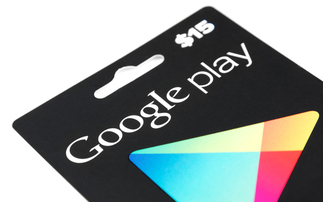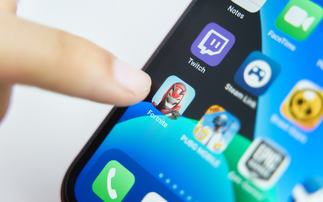But he doesn't rule out working with the mobile phone giant in the future
Former Google CEO Eric Schmidt joined the growing chorus of Nokia critics today, saying that he believes the company "made the wrong choice" with Microsoft. His comments were made to journalists...
To continue reading this article...
Join Computing
- Unlimited access to real-time news, analysis and opinion from the technology industry
- Receive important and breaking news in our daily newsletter
- Be the first to hear about our events and awards programmes
- Join live member only interviews with IT leaders at the ‘IT Lounge’; your chance to ask your burning tech questions and have them answered
- Access to the Computing Delta hub providing market intelligence and research
- Receive our members-only newsletter with exclusive opinion pieces from senior IT Leaders





















